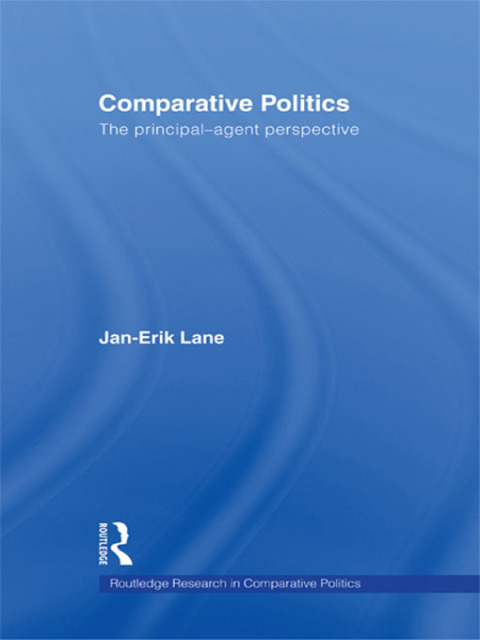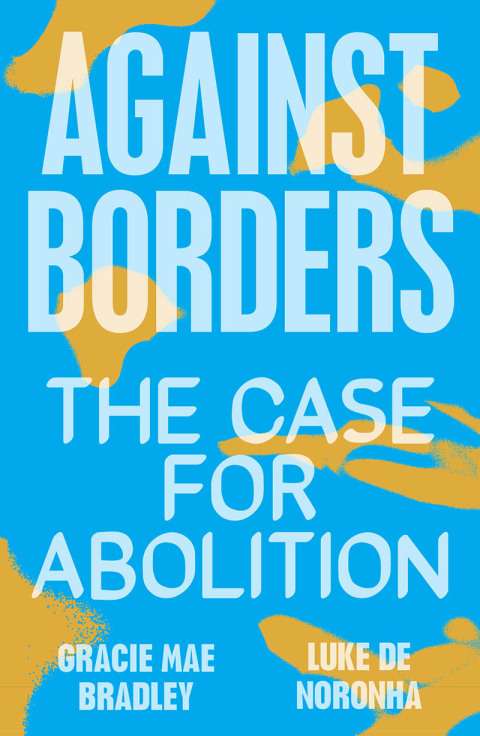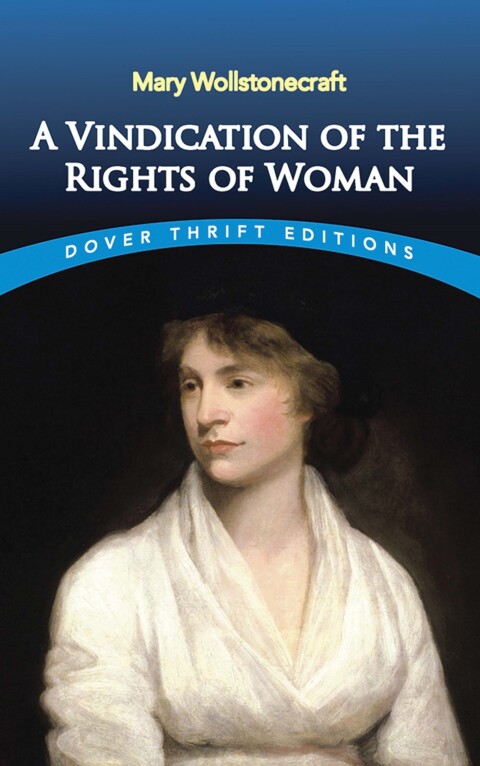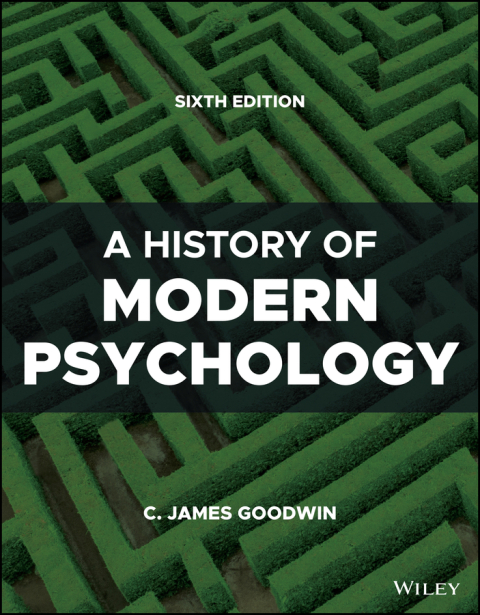Description
Efnisyfirlit
- Routledge research in comparative politics
- Contents
- Illustrations
- Figures
- Tables
- Appendices
- Foreword
- Introduction
- Politics as a series of principal–agent games
- Politics as principal – agent contracting
- Time
- Representation
- Competition among multiple agents
- Checks and balances
- Electoral volatility
- Monitoring and surveillance
- Institutional mechanism: rule of law
- Political agents and incentives
- Elite theoreticians
- Pareto
- Mosca
- Michels
- Elitism theory: agents with too few principal–agent restrictions
- Party government
- Political entrepreneurs
- Organised interests
- Institutionalism
- Political agents: outputs and outcomes
- Rules and preferences
- The primacy of rules: institutionalism
- The primacy of preferences
- Evolution of rules
- Conclusion
- Part I States
- 1 The states of the world
- Introduction
- Weber’s concept of the state
- The identification of present states
- States as institutional probabilities
- State longevity and regime stability
- Institutional foundations of states
- Constitutional diffusion
- Regimes
- Traditional regimes
- Legal rational regimes
- Democracies
- Authoritarian regimes
- Regime longevity and constitutional changes
- State stability and political unrest
- Conclusion
- 2 Rule of law
- Introduction
- Performance analysis
- Rule of law measure
- Waves of democratisation
- The public sector
- Allocative programmes
- Distributive programmes
- Growth of government
- Social outcomes
- Quality of life
- Inflation
- Conclusion
- Part II Conditions that support rule of law
- 3 Environmental factors
- Introduction
- Size and climate
- Social structure
- Modernisation
- Fragmentation: ethnicity and religion
- Religion
- Family values: individualism versus collectivism
- Economic conditions
- Affluence
- Openness of the economy
- Indebtedness
- Economic institutions
- Relevance of social, cultural and economic conditions
- Conclusion
- 4 Impact of political institutions
- Introduction
- Institutions, principals and agents
- Participation
- Adversarial, concurrent and consociational democracy
- Federations and confederations
- Presidentialism
- Parliamentarianism and bicameralism
- Authoritarian institutions
- Military regimes
- The communist model
- Institutional consolidation or decay
- Judicial institutions
- Relevance of institutions
- Conclusion
- 5 Changing principal–agent institutions
- Introduction
- Introducing the market economy
- Third World state transformation
- Political stability
- Conclusion
- 6 Party system instability and volatility from the principal–agent perspective
- Introduction
- Party system stability and democratic stability
- Volatility and the vitality of democracy
- The data
- Net volatility
- Party system fractionalisation
- Volatility and fractionalisation
- A regression model of volatility
- Conclusion
- Appendix 6.1
- Sources for party system data on net volatility and effective number of parties
- Printed sources
- General internet sources
- Electoral authorities available on the internet (recent elections in 2004 and 2005)
- Part III Towards an evolutionary regime theory
- 7 Regime fitness
- Introduction
- Polity forms, fitness and evolutionary mechanisms
- Capacity
- External capacity
- Internal capacity
- Rights
- Efficacy and legitimacy of a political regime
- Conclusion
- 8 The concept of a polity
- Introduction
- The Greek heritage
- Aristotle: the “polis”
- Survival fitness of city-states
- Herodotus: the empire
- Thucydides: the notion of hegemony
- Emergence of the Hellenistic empires and Pax Romana
- Rome and Pax Romana
- Conclusion
- 9 The ancient empires
- Introduction
- Wittfogel
- Weber
- The Aztecs
- The Mayas
- The Incas
- West African empires
- China
- Mughal India
- Conclusion
- 10 Feudalism
- Introduction
- Occidental and Oriental feudalism
- Political feudalism
- Vassalage and principalities
- Economic feudalism: manorialism
- An ideal-type feudal polity?
- Modern feudalism: the war lords
- Conclusion
- 11 The nation-state and colonial empires
- Introduction
- West European nation-states
- From the feudal regime to the nation-state
- Italian republicanism
- The rise of bureaucracy
- Birth of the nation-state
- Europe
- Asia and Oceania
- Colonial empires
- The Spanish Empire
- The British empire
- Trade, not Empire
- Home rule
- Indirect rule
- Burke’s problem
- High commissioners, governors and the Colonial Office
- African colonialism
- Towards an American empire?
- The postcolonial state
- Weak states, strong societies
- African prebendal state
- Arab rentier state
- Asian cronyism state
- Conclusion
- 12 Regionalisation of the state
- Introduction
- Basic modes of regional organisation
- The regional forum
- Regional facilities
- Economics I: FTAs and customs unions
- Economics II: monetary unions
- Economics III: the common market
- The regional regimes: will they replace the state?
- Conclusion
- Conclusion
- Can stable authoritarian regimes survive?
- Politics as principal–agent contracting
- Regalia
- Two or more agents?
- Conclusion
- Bibliography
- Index






Reviews
There are no reviews yet.